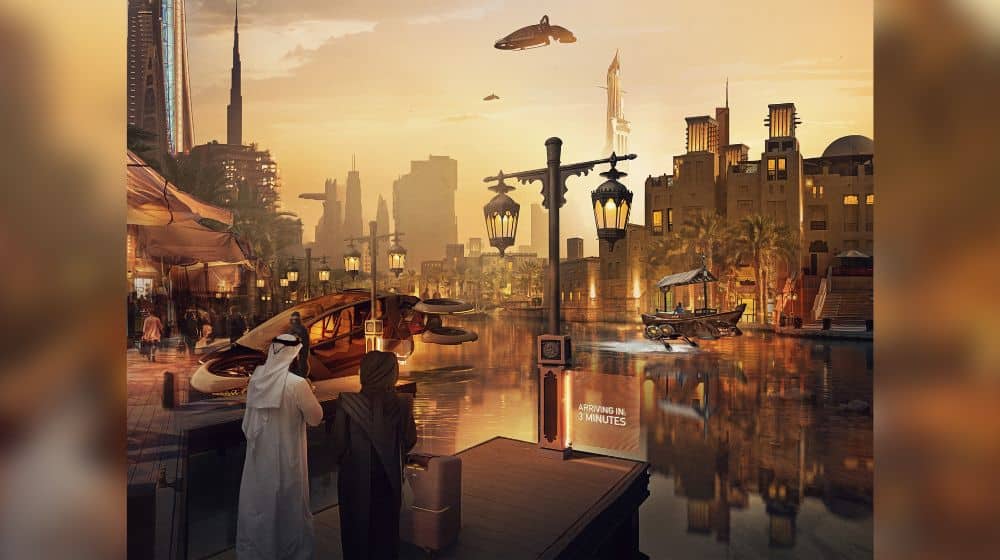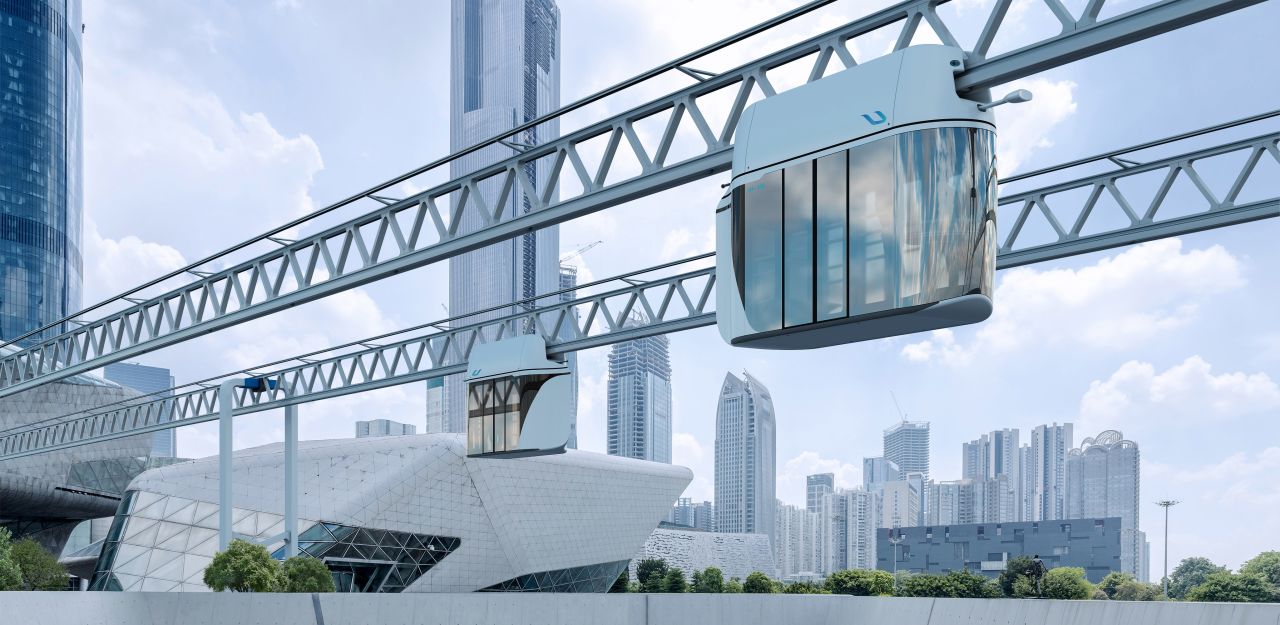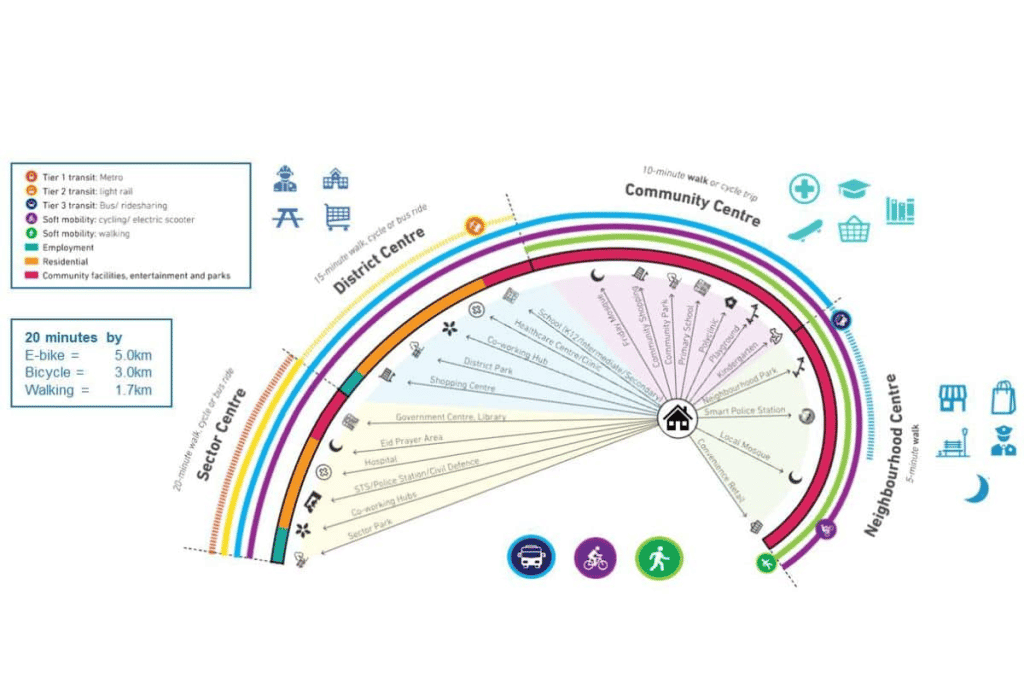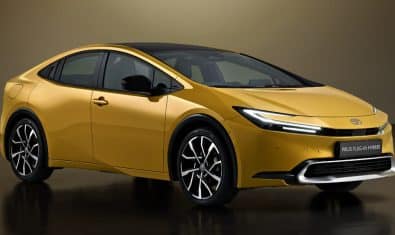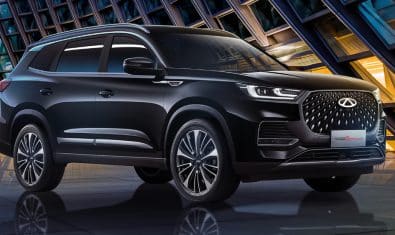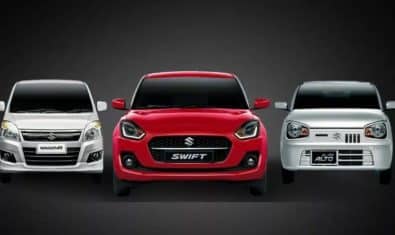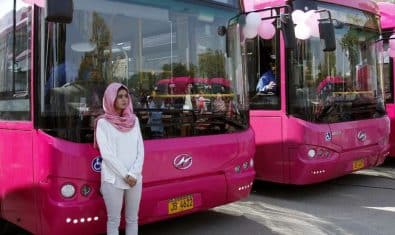Dubai, one of the most advanced cities in the world, has taken the driving seat for revolutionizing the transportation sector not only in UAE but also at a global level. Most of its public transport projects are government-backed, showing its leadership’s seriousness to transform it into a ‘futuristic’ city with world-class connectivity.
Ever since UAE, including Dubai, discovered oil, its economy has completely depended upon it. However, UAE’s rulers, realizing the looming shortage of fossil fuels, have come up with plans to make the UAE, particularly Dubai, one of the most attractive places on this planet. These plans intend to attract the wealthiest individuals to the country, thereby reducing or potentially eliminating dependence on oil.
They plan to do so by launching various projects, including massive landmarks like Burj Khalifa, global events such as Expo 2020, and transportation like Hyperloop, Flying Taxis, Sky Pods, and Climate Controlled Cycling and Walking Track.
Dubai-Abu Dhabi Hyperloop
Dubai’s Road and Transport Authority (RTA) is currently working to launch the world’s first hyperloop, Virgin Hyperloop One, connecting Dubai and Abu Dhabi. After completion, the project is expected to reduce the journey between both the emirates to only 12 minutes.
Its concept debuted at the Dubai International Motor Show in 2019. This lightning-quick tube system will function in a near-vacuum environment with pods accommodating multiple passengers. It will travel at a speed of up to 1,123 km/h via electric propulsion and magnetic levitation, thereby consuming low energy.
The project will be 100% electric and will also drop the noise pollution in the city. It will have a capacity of carrying 10,000 passengers per hour. One would wish to see how the outside world looks like at this speed; however, it will not be possible because Virgin Hyperloop One will not house any windows. Instead, they’ll have an entertainment panel.
It will offer two seating categories, a Gold Class with 5 seats and a Silver Class with 14 seats. Its stations are planned to be opened near Burj Khalifa in Dubai and Etihad Towers in Abu Dhabi.
How will it benefit the public?
The project is expected to lower pollution, traffic, and commute time, allowing citizens to be at their work without any hassle. People will also be able to rent affordable apartments and houses in far-flung areas without having to worry about a long journey.
Virgin Hyperloop One is presently under construction. It is expected to launch in 2030.
Flying Taxis
UAE’s Vice-President Sheikh Mohammed bin Rashid Al Maktoum recently approved the design for new air taxi stations in Dubai during the World Government Summit.
Air Taxis are expected to debut in Dubai in 3 years (2026), making it the world’s first city to have a fully built network of vertiports. A vertiport is an infrastructure used for hosting electric vertical takeoff and landing (eVTOL) aircraft, such as air taxis.
The air taxis will have a range of 241 km and a top speed of 300 km/h. There will be a pilot and four passengers in each cab. The Dubai International Airport, Downtown Dubai, Palm Jumeirah, and Dubai Marina will be connected by the vertiport network.
To plan and build the air taxi network by 2026, Dubai’s Roads and Transport Authority (RTA) has been collaborating with Skyports Infrastructure and Joby Aviation. The goal of the initiative is to offer passengers a seamless, zero-emission ride from beginning to end.
The RTA also exhibited a simulation at the conference where attendees experienced flying taxis. The aircraft’s ability to take off and land vertically will result in a quick turnaround time.
How will it benefit the public?
Dubai’s autonomous aerial vehicles, also known as flying taxis, have the potential to lessen traffic congestion, enhance air quality, expand mobility, and offer a quicker and more efficient means of transportation. Also, the initiative is anticipated to increase employment rates and benefit the local economy.
Sky Pods
These futuristic Sky Pods are also being developed by Dubai’s RTA to meet the increasing demand for modern transportation systems. The overall network is called Dubai Sky Pod Transit System and it aims to make 25% of Dubai’s public transport driverless by 2030.
A UK-based company, Beem Car, has the tender for this mega project. The superfast cable pods will be suspended in the air and will operate along Dubai Metro with 21 stations.
It will carry around 8,400 passengers per hour per direction at a speed of up to 150 km/h. Dubai, being a far-sighted city, plans to reduce 44% transportation cost with Sky Pods, which is equivalent to a massive AED 900 million annually.
The project will not only offer a cost-effective structure, but it will also lower pollution by 12%, thereby saving AED 1.5 million annually.
As far as seating capacity is concerned, each pod has 4 forward-facing seats, arranged in 2 rows. The rear seats will be placed slightly higher, to give passengers an appealing view of the journey.
Sky Pods will cover an area of 50 km. The network will connect Business Bay to Al Wasl covering all major spots, including Marasi Drive, Bay Avenue, Burj Khalifa, Sheikh Zayed Road, City Walk, and Coca-Cola Arena.
How will it benefit the public?
The planned Sky Pods transport network for Dubai will be elevated above the city’s streets and be capable of swiftly and effectively transporting passengers. It will also ease traffic congestion, enhance air quality, and offer a brand-new environmentally and economically viable mode of transportation.
Climate-Controlled Cycling and Walking Track
With its impressive architecture and popular attractions, Dubai is also planning to construct a 93-km air-conditioned track for cyclists and pedestrians. The project, named “The Loop,” is designed to encourage healthy transportation and mitigate climate change as temperatures in the Middle East are expected to exceed bearable levels by 2050.
By connecting more than 3 million people and providing easy access to all key destinations within a 20-minute walk, Dubai aims to achieve a green economy, reducing the need for public transport and cars.
In a climate-controlled environment, The Loop hopes to facilitate cycling and walking, which can be difficult in temperatures of nearly 50°C during the summer in UAE. It is a sustainable initiative that will use 100% renewable energy and recycled water for irrigation. A map of the project’s 93-km stretch is included below.
Dubai’s leadership intends to encourage residents to use cycling and walking as the primary mode of transportation by 2040. They also hope to create high-yield farms in other locations, finding suitable areas and creating the necessary infrastructure to meet the real estate sector’s demands.
How will it benefit the public?
The Loop will provide a safe, sustainable, and enjoyable route for cycling and walking, connecting key locations in the city. It will promote a healthier lifestyle, reduce traffic congestion and carbon emissions, as well as offer an opportunity to appreciate Dubai’s iconic landmarks and attractions.
